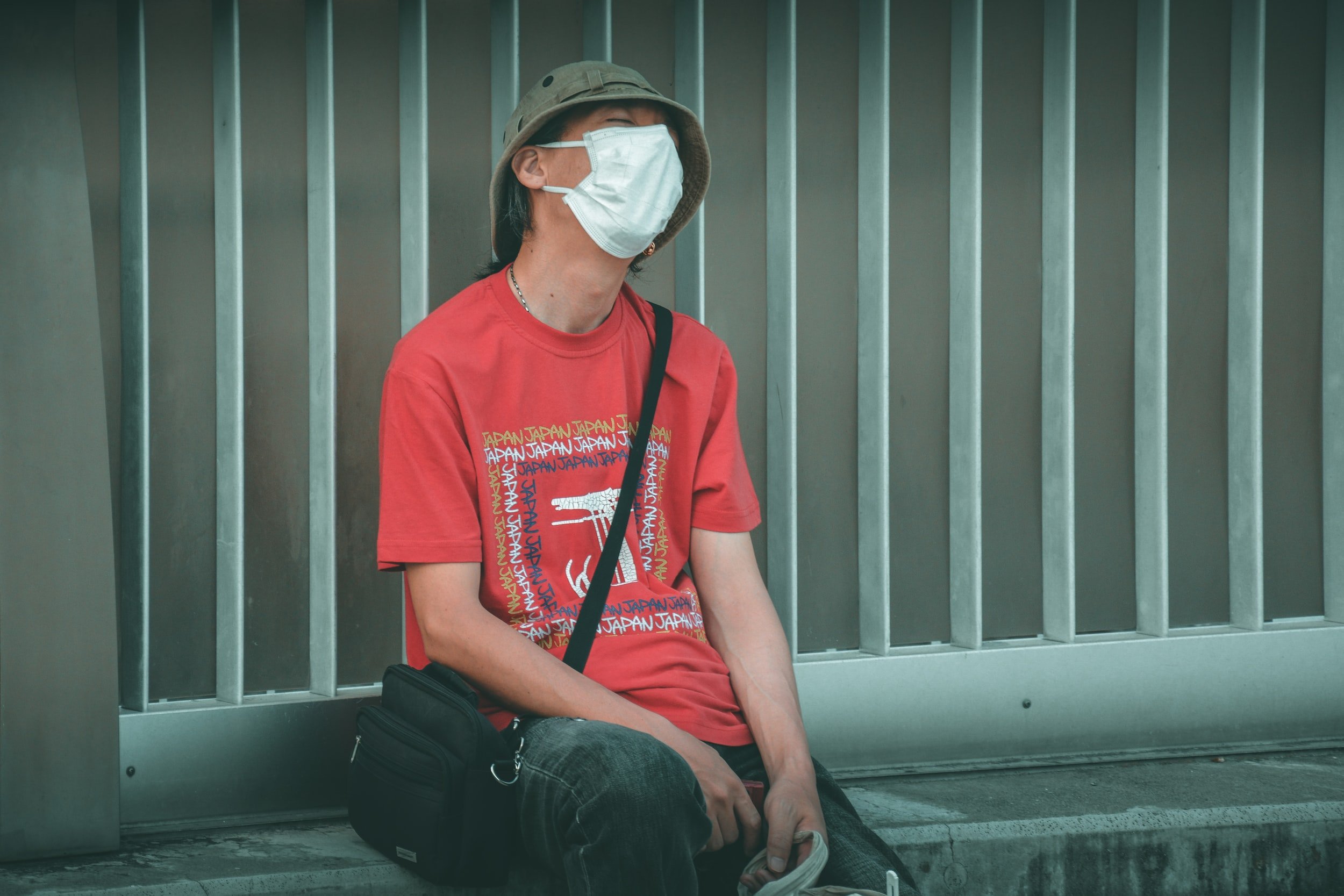Interviewing Participants about Sensitive Topics
The Methodspace focus for Q2 of 2023 is on data collection. This 2022 interview about interviewing offers some important insights for those who want to collect data about sensitive problems.
How can you carry out an interview when participants are talking about trauma or abuse? How should you respond when participants are emotional? Bethany Morgan Brett and Katy Wheeler wrote a practical guide for interview research, How to Do Qualitative Interviewing. Learn tips you can use in your own research, especially when you are studying touchy problems or are interviewing vulnerable participants. This clearly-written guide will be beneficial whether you are conducting academic or informal research.
If you are interested in purchasing the book, use code MSPACEQ223 for a 20% discount through the end of June 2023.
More Methodspace posts about doing research on sensitive topics
These difficult times present challenges for researchers. Find five original posts by Robert Kozinets about using Netnography to study sensitive topics.
Interviewing participants in difficult or emotional situations? Learn from Bethany Morgan Brett and Katy Wheeler.
Protection of vulnerable populations, or those who are vulnerable in particular situations, needs to begin with the first stage of the process: recruitment of participants.
Respondent-driven sampling (RDS) is a method for drawing probability samples of "hidden," or alternatively, hard-to-reach, populations. Find a description and examples.
Dr. Cindy Veldhuis discusses the need for attention to researcher safety for those who study LGBTQ+ issues.
Interested in Indigenous methods? Find the webinar recording and related resources in this post.
The focus of this post is the co-researchers’ journey of working together as a co-operative inquiry research team. They highlight ways in which research can be inclusive and accessible to co-inquirers with intellectual disabilities who are new to research
Andre Samuels reflects on his experiences as a Black doctoral student and researcher at the University of Pennsylvania.
Risky or illegal behaviors can be challenging to study - and concerning for researcher safety. See this collection of open access articles for examples.
Researchers studying the experiences of youth can benefit from their perspectives. This post from high school students includes their tips for researchers.
Self-care is essential when studying painful, sad, difficult experiences or situations. Find strategies and tips in this video from Dr. Helen Kara and collection of open-access articles.
The Covid-19 pandemic has created yet more sensitive research concerns. Read this post from Lahman and Brown for suggestions.
Watch the recorded “Understanding cultural issues in research design” webinar and find relevant resources.
Dr. Safary Wa-Mbaleka discusses what he has learned from conducting research and teaching methods in the US, Asia, and Africa.
How can you interview participants online about sensitive topics? Tips from Janet Salmons, author of Doing Qualitative Research Online.
Studying sensitive problems is difficult. What happens when you conduct the research online? See this collection of open access research examples.
Self-care is essential when collecting data about sensitive issues. See this post from Dr. Maria Lahman for strategies.
Dr. Diringer discusses fieldwork with partners in the Amazon.
Thinking about studying college students, or partnering with student co-researchers. you will find this post by Ari Burstein.




















For Pride Month 2023, learn respectful ways to study LGBTQ+ people and related issues.